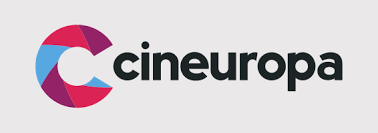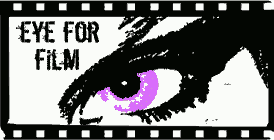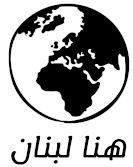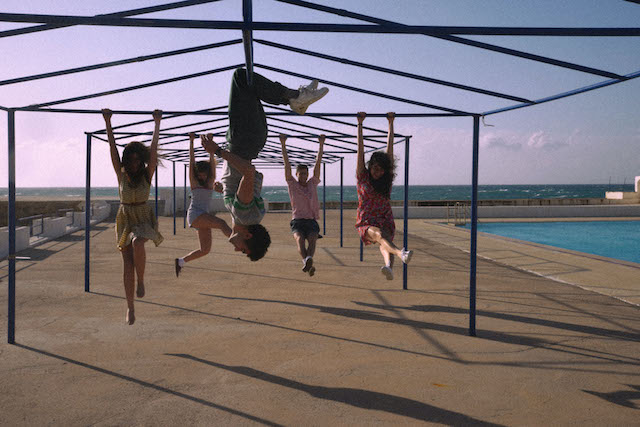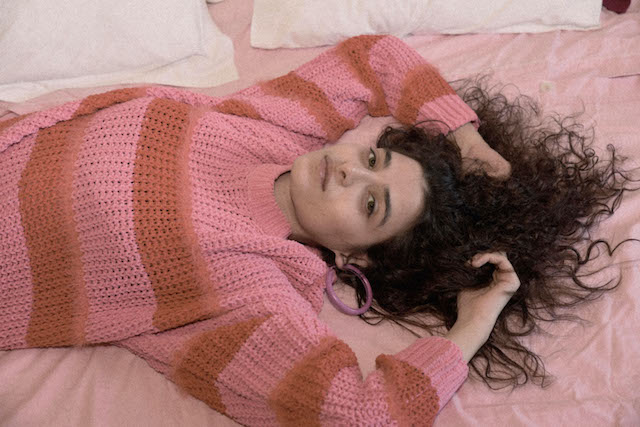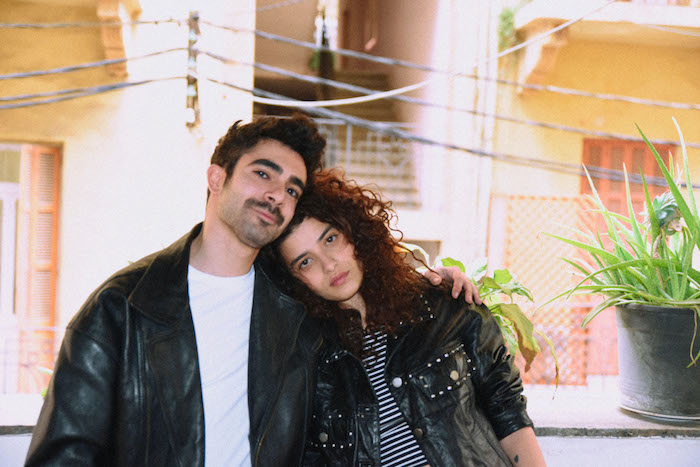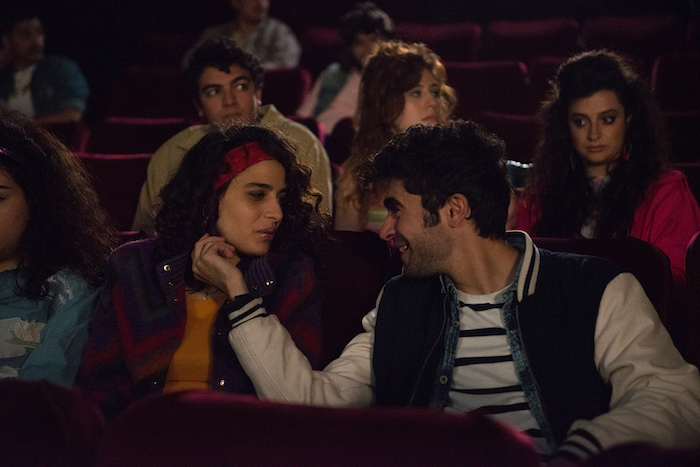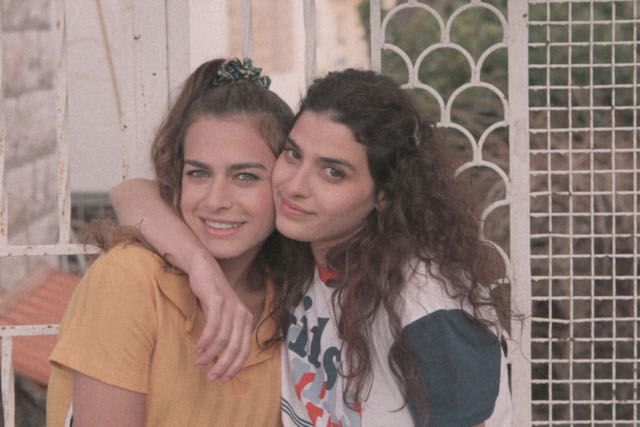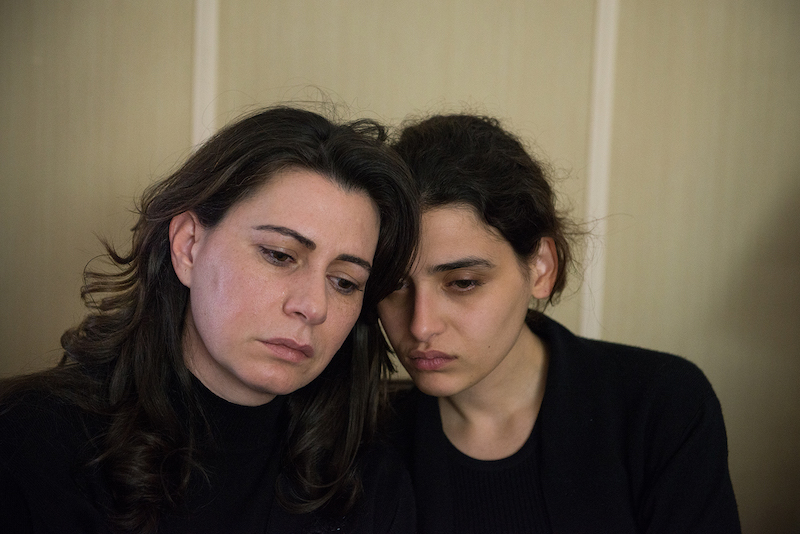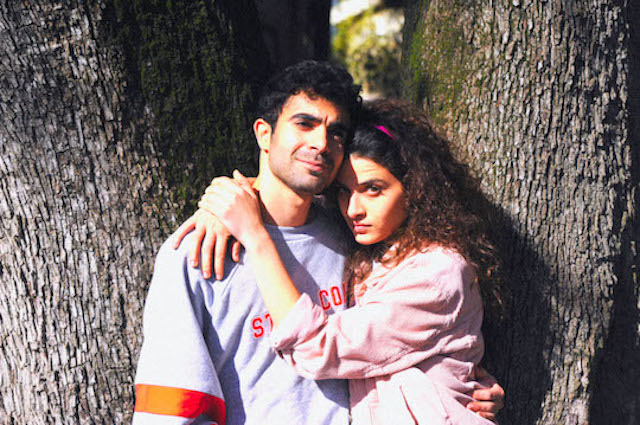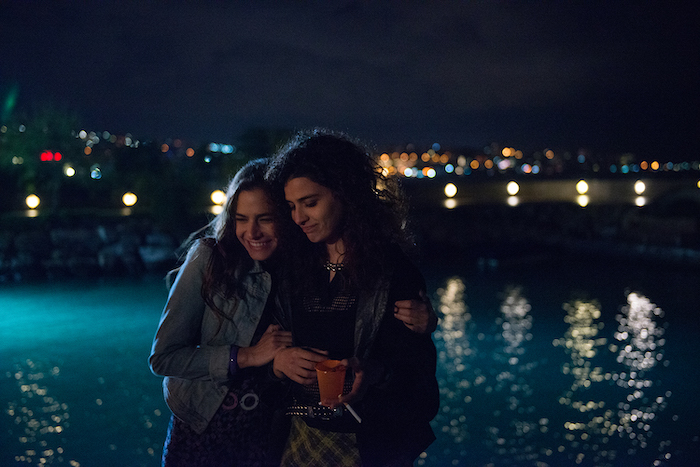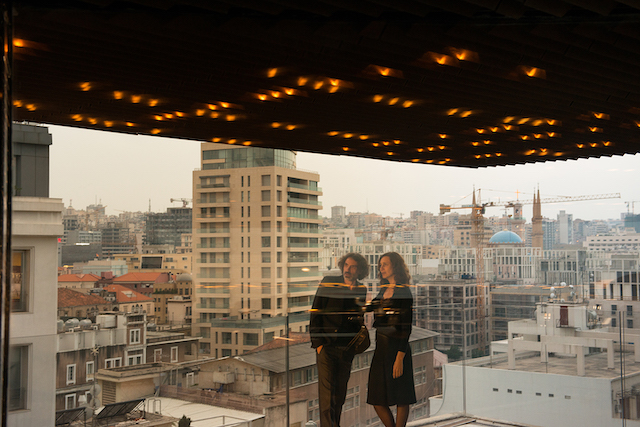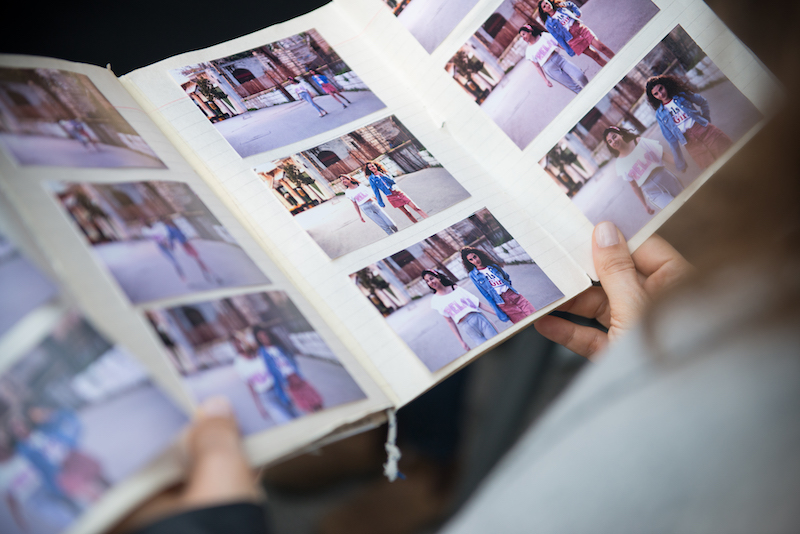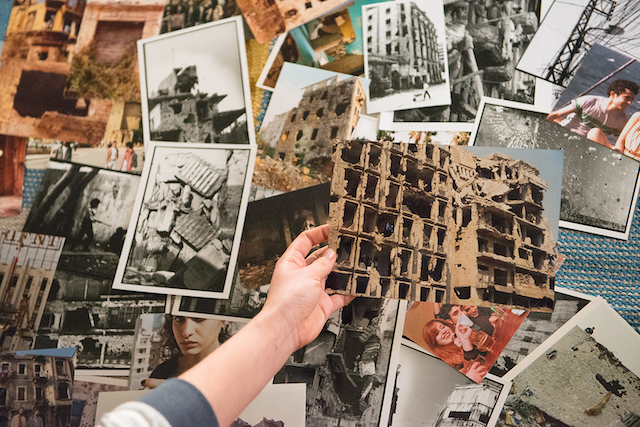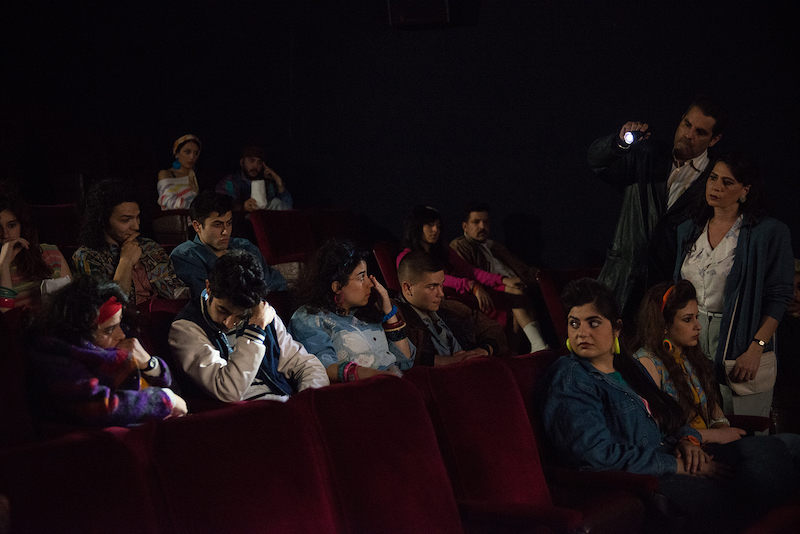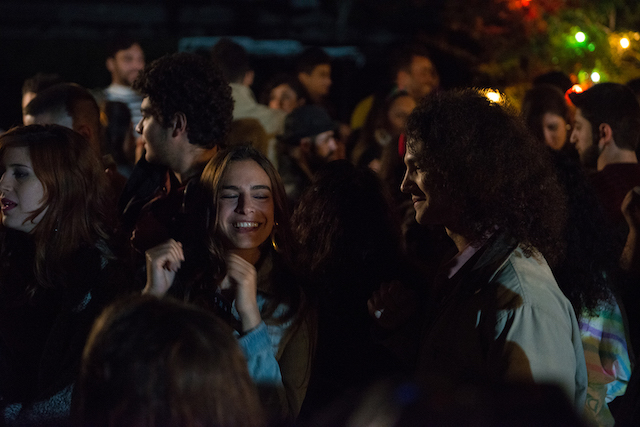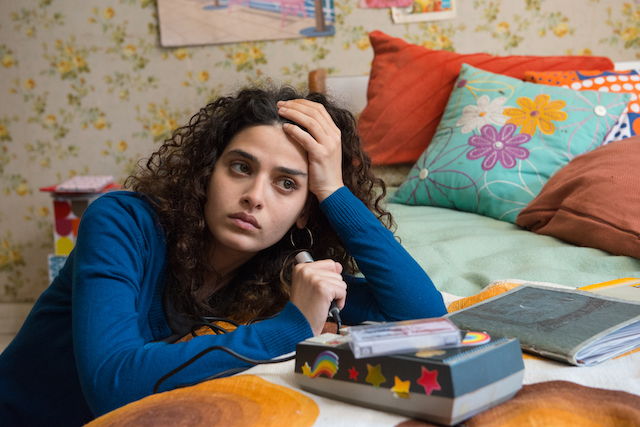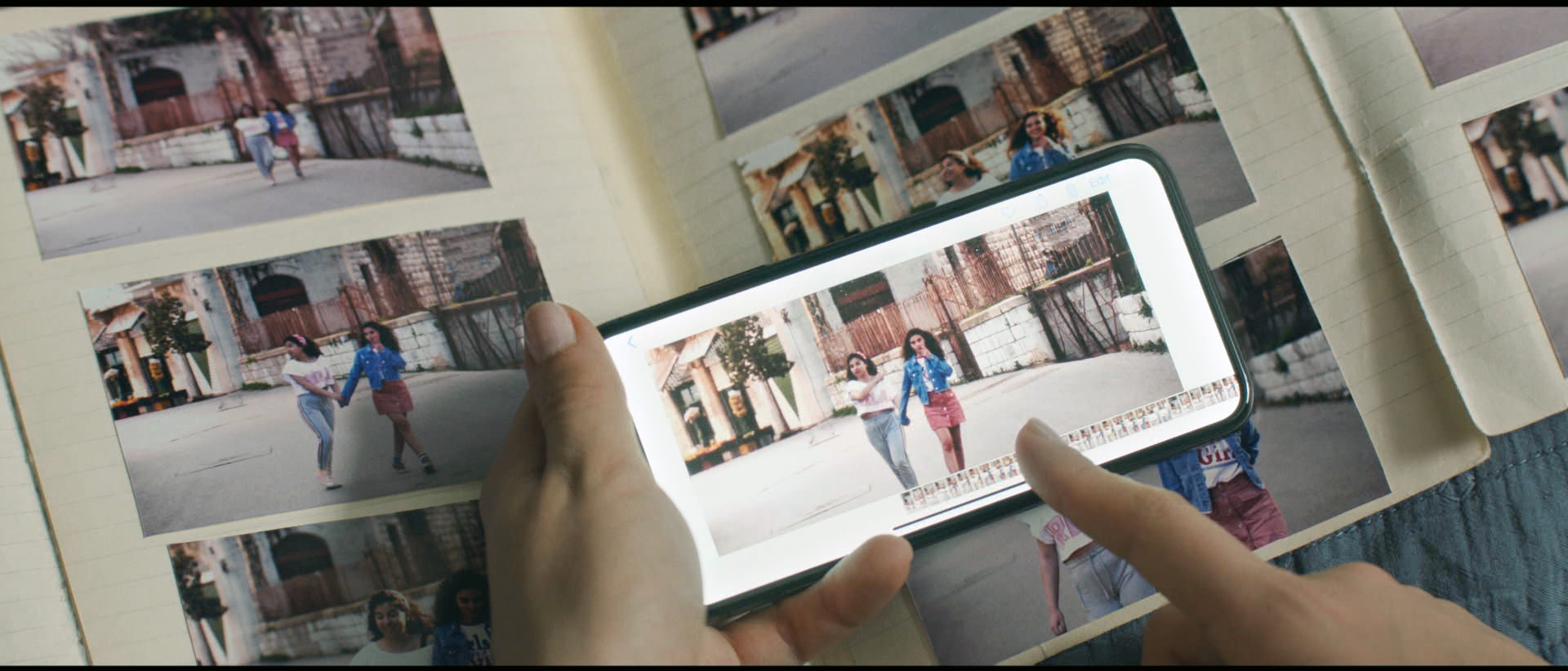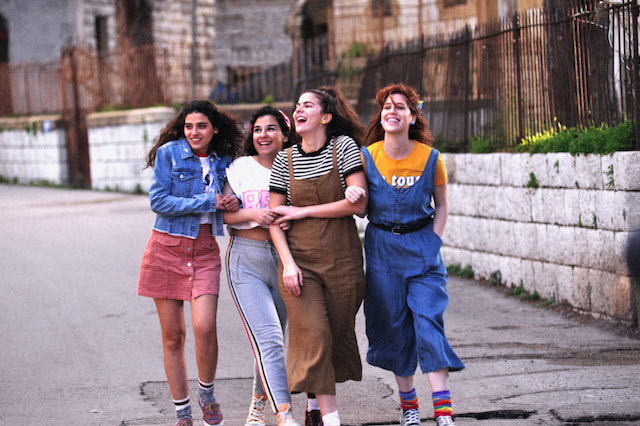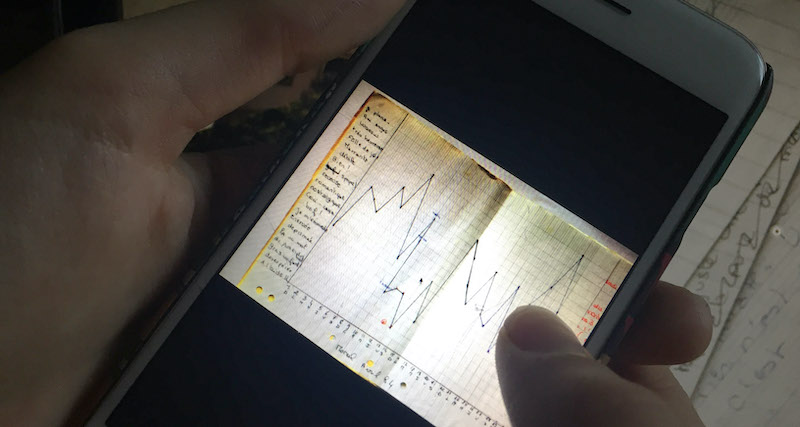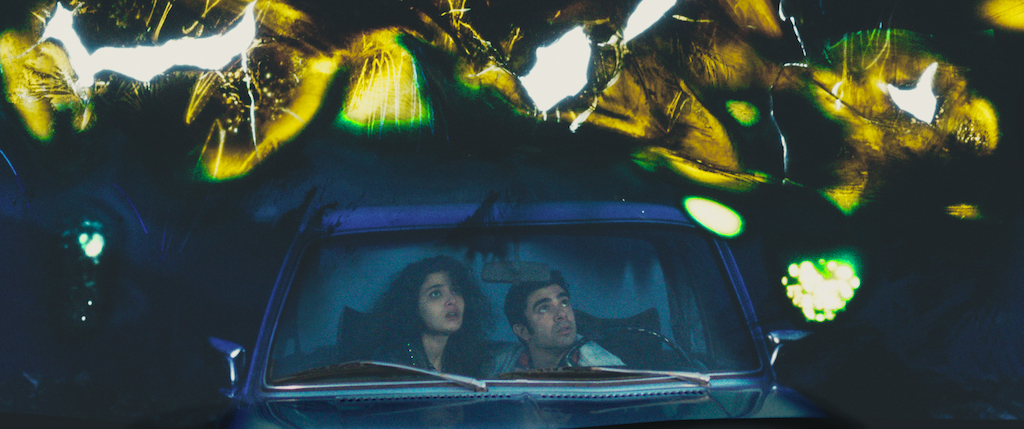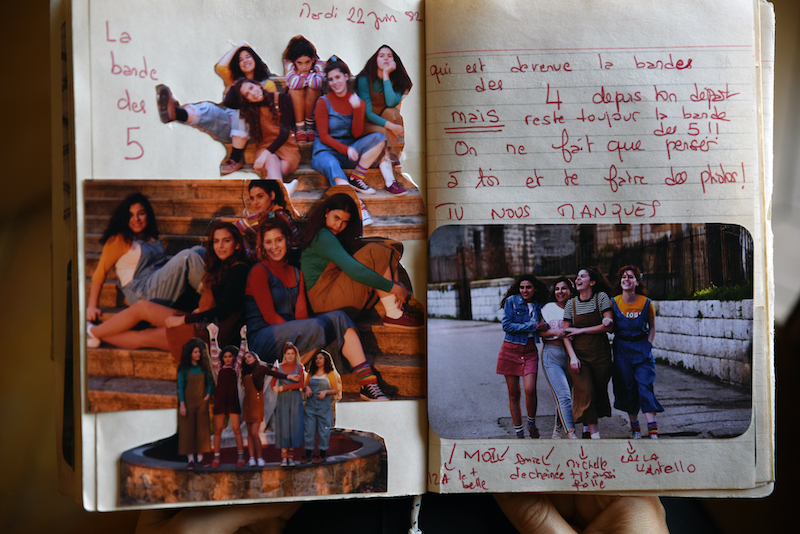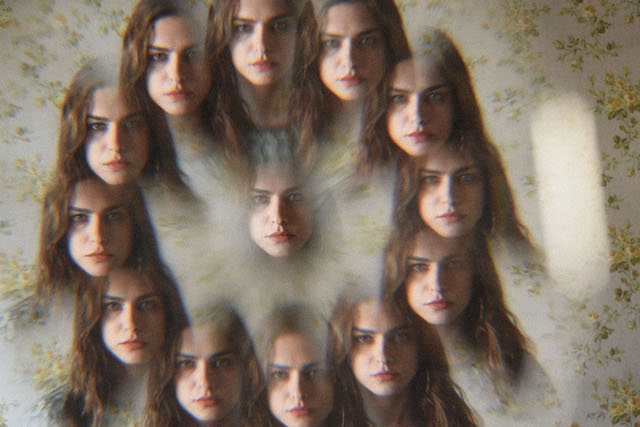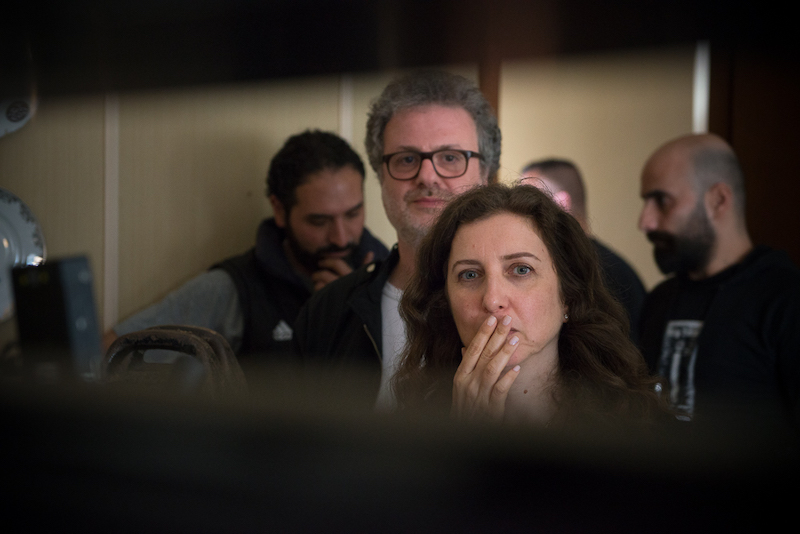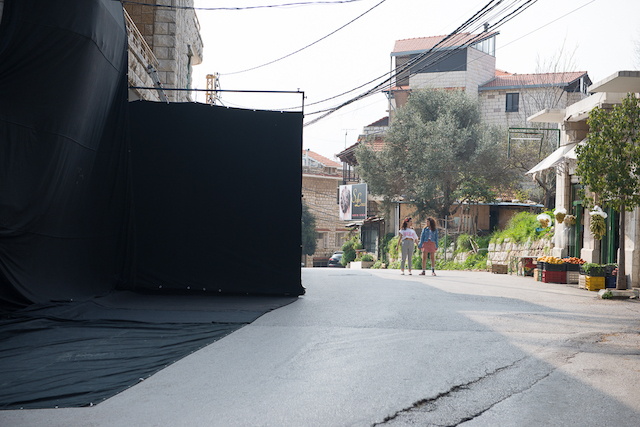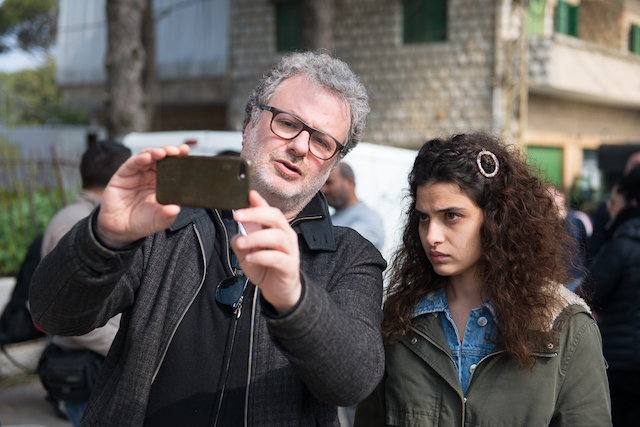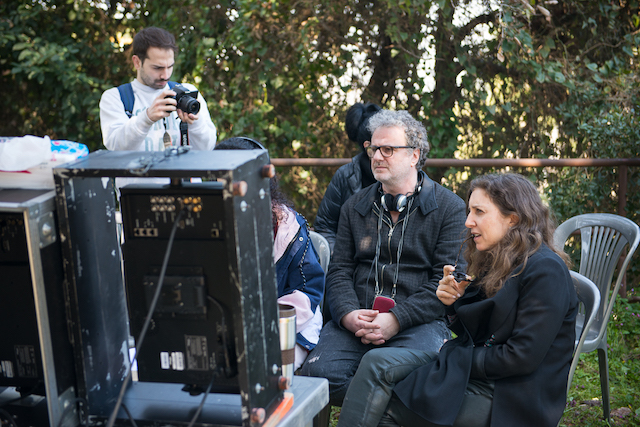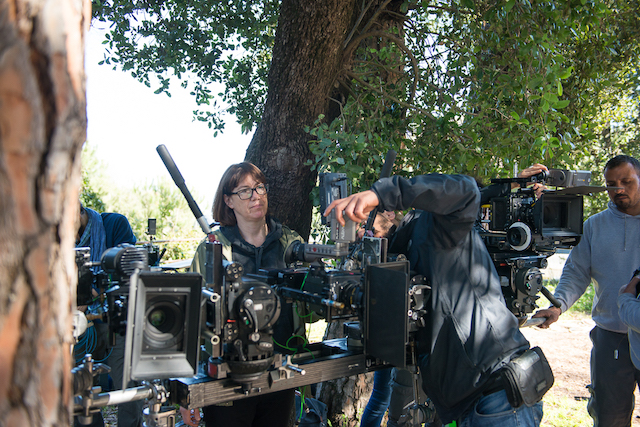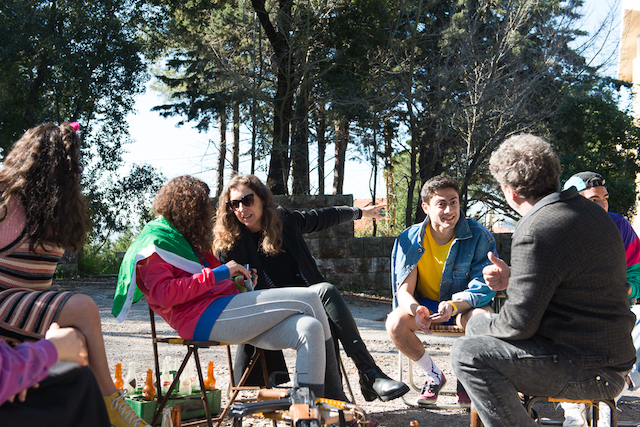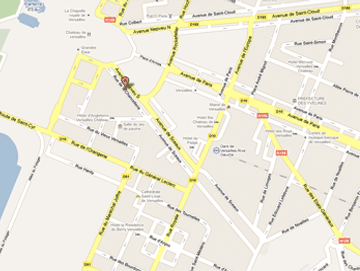Director's note From the age of 13 to 18, Joana wrote every day in notebooks to her best friend at the time, recorded tapes and sent numerous pictures. She shared with her every minute of her teenage life during the raging civil war and her friend did the same from Paris. Every month, her father came to Beirut, handed her a notebook she had written and, in turn, Joana gave him another notebook. It lasted until they were 18.
25 years later, after a long separation, they met again and she gave back all their correspondence.
Having all those archives within reach, diving into the narratives, the memories of youth and war, hearing on the cassettes a teenager’s voice, Joana’s, which she did not recognise, created a strong emotion, the more so as her own daughter had just celebrated her 13th birthday and was extremely intrigued by her mother’s notebooks. Should she let her daughter read those notebooks, what did sharing memories, a history mean? How can they be passed on? How can they be transmitted?
One of the questions we all raise whatever our experience of life is the relation to memory and to the past, to a story and its possible transmission. What is it that remains, what should remain?
Their work, Joana and Khalil’s, as artists and filmmakers has centered for years on the representation of their present, the writing of History and the fabrication of imaginaries. The material from the notebooks seems a perfect way to explore this.
Based on this biographic data and on Khalil’s photographic archives taken in the 80’s also, they imagined a fictional film: Three generations of women and their relationship with the past. The story of Maia, who left Lebanon at 18 to emigrate, as many Lebanese, to Canada and of Alex, her 13 years old daughter, born there. Through Maia’s writings and tapes, those « visions and phantasms », Alex delves into the History of Lebanon and the daily life in the 80s. Stories, characters emerge and evolve over the years. We follow them growing, going from teenagers to young adults.
Alex imagines and constitutes scenes of the intense past of her mother in a fantasist and creative way. It is directly inspired from Joana & Khalil’s artistic experimentations and recreates, through photographs and sounds, the universe of the 80’s in a different way, each time.
Once she discovers the notebooks, Alex lives a life by proxy, that of her mother at the same age. From one notebook to the other, she is caught up in the suspense of the various episodes of a saga, a serie whose heroine is her mother. She is also plundged in Maia’s world: her friends, her love affairs, her teenage concerns, the fashion and the music of the 80’s: New wave, punk and hard rock form the natural soundtrack of the film. We are transported in those years with their energy, their joy, their intensity.
Later, when Maia continues telling the story, her memories unfold in a more realistic mode.
Maia’s past is incomplete and full of holes, made of secrets, things left unsaid and latency which are revealed as the film unfolds but still accessible in a way. Whereas, Alex’s present, so connected and dealing with a continuous flux of information that cannot be treated by the memory and becomes strangely equivalent to oblivion. Two generations, two youths, two relations to storytelling, memory and history…
When both arrive to Beirut, there is a confrontation between the phantasm, the imaginary, the memories and the painful present. Of a city confronted to chaos and loss. But some transmission, some liberation from the painful past, will take place, some friendships are restored and for a moment, for just an evening, the group of friends of the 80’s will be reunited, just for a moment. And Alex will get closer to cycles of destruction and regeneration that is life sometimes.





